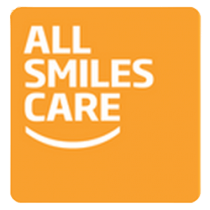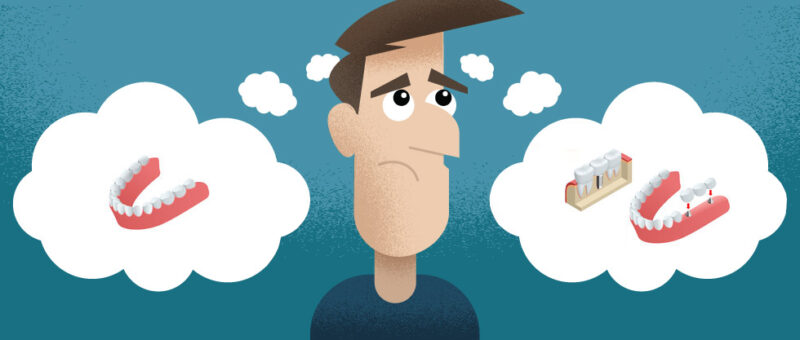About 10% of the populations brushes their teeth correctly. If we were talking about bathing or general hygiene, I bet people would really be saying “ew!”. However, it is just as yucky to slack on your oral health. Proper brushing can prevent tooth decay, cavities, plaque build-up, and bad breath–which leads to less missed work and fewer hours in the dental chair, not to mention happier co-workers and significant others!
Not to worry, here are a few simple tips to put you well on your way to successful brushing. Remember–ask your hygienist next time you are in the office if you have any questions about brushing or flossing. There is no such thing as a silly question, and your teeth will thank you!
- Floss, floss floss– Even though this isn’t technically brushing, this is what most people are skipping. You are missing a lot of surface area that your brush can’t reach. Floss daily to get your whole mouth clean.
- Two minute timer– A full two minutes should be devoted to brushing. Some electric toothbrushes have a timer, but just glancing at the clock or your phone until you get in the habit should be fine. Watch the end of a TV show to pass the time, read the news–whatever works! Divide your mouth into four sections (upper left, lower left, etc) and spend an equal amount of time on each.
- Use the correct brush. — Many people choose a brush that is too big for their mouth. Be sure it is comfortable in your mouth, and you are able to keep it at a 45 degree angle to get in those hard-to-reach areas.
- Inside and outside!– Don’t just brush the fronts of your teeth, get their inner surfaces too. And don’t forget to brush your tongue–this can really help out with bad breath.
- Retire your brush.– Don’t just change out your brush when your dentist provides a new one. Change it out every 3-4 months, or as soon as it begins showing signs of wear (worn-out bristles, etc.). You should also change it out after recovering from a sickness.
- Soft brush is best. —The American Dental Association recommends a softer bristle. Firmer brushes can do more harm than good on sensitive teeth and gums.
- Rinse when you’re done.– After you have brushed and flossed, you have freed bacteria from the surfaces of your teeth. In order to get it out of your mouth, rinse with mouthwash or water, swish it around, and spit it out to get rid of the bacteria completely. Be sure to rinse your brush too, because the bacteria can be on there too.

